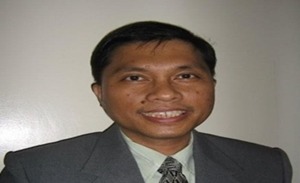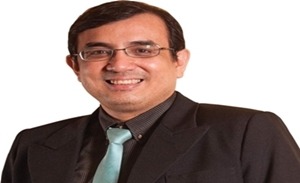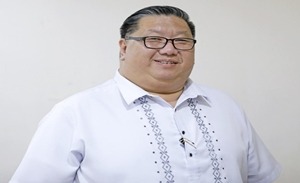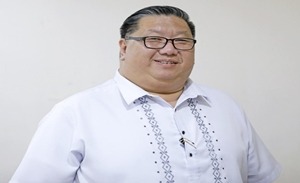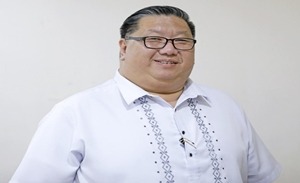OBLIQUE OBSERVATIONS
By Atty. Gilberto Lauengco, J.D.
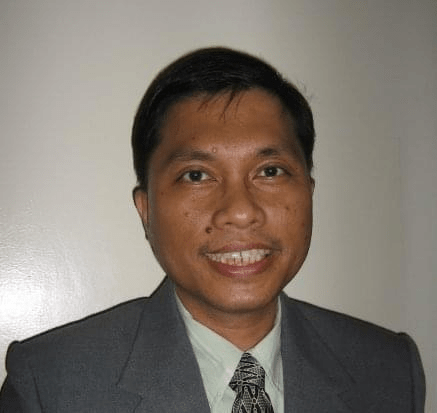
Yesterday, a party list nominee was shot and killed along a busy street in Metro Manila. A few days ago, a mayoralty candidate in Cagayan Province was also shot and killed. Though the reason for these killings has yet to be determined, these incidents along with other incidents of violence that have occurred during this election period have once again marred what was hoped to be a less violent election cycle this time around.
Incidents of violence during Philippine elections are nothing new. It is a persistent problem brought about by extreme competition among various political forces both at the national and local level. These incidents of election violence involve not only candidates but leaders and political operators as well. What is sad though is that it has become an accepted part of reality in our country’s election process. News of election violence do not surprise anyone anymore. We have become jaded. I realized this fact when three of my foreign students in my Political Marketing class asked me why Filipinos do not seem shocked or outraged enough over news of killings during this period. These students were from France and they were shocked when they learned of these deaths and the seemingly inevitable nature of this aspect of our politics. As someone who personally experienced being almost killed during an election period in the past, I was ashamed to admit that I too have become jaded.
Admittedly election violence is statistically lower this year as compared to previous years. Unfortunately, one death due to election violence is still one too many. Both government and civil society have initiated several programs to lessen violence. Voter education, rallies, mutual pledges, watch groups have been organized for the past elections. Law enforcement measures have been strengthened such as operation “bakal” or search and confiscation of weapons, limiting gun ban exemptions, and multiple checkpoints are now the norm for elections. Unfortunately, these efforts seem to be still insufficient. There is a common misconception that election violence is limited to places far from NCR. In reality, assassinations can be done even in Metro Manila. Candidates often have less security when they are in NCR and as such much more vulnerable.
Is there a way to truly end this cycle of violence? Will more indignation rallies and public call and outcry to end violence make a dent? Some people opine that at the moment there is no cogent way to stop election violence at this point. As long as the root causes are present, they say that violence during elections is here to stay. One of my old mentors in election operations once told me that violence is part of our profession. He told me that if you enter politics as either a candidate or an operator then you must accept the dangers that are part of this world of politics.
He has since passed away. I can never forget our last conversation where he quoted an old adage known by many in our world. Beware the assassins of May…

